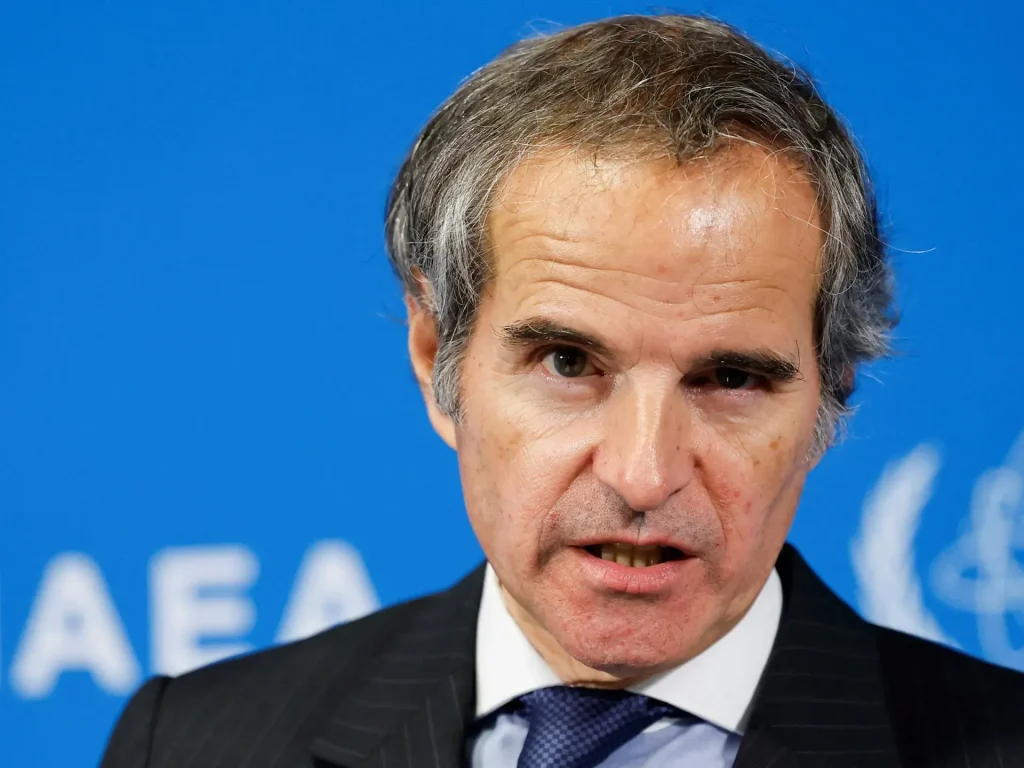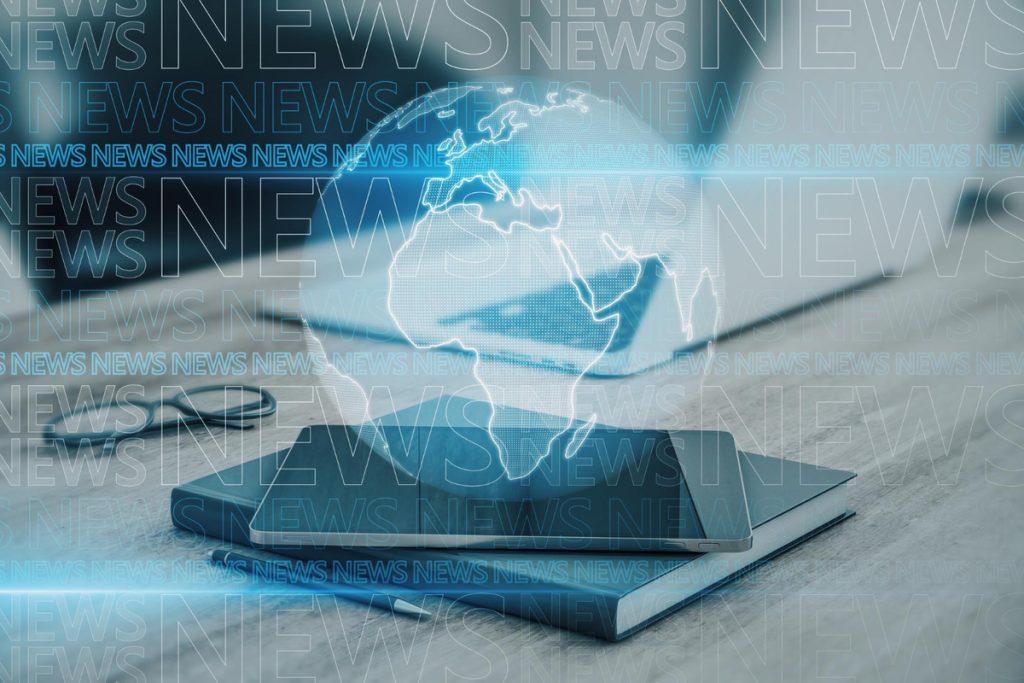Iran uranium enrichment remains a focal point of international concern as the nation continues to develop its nuclear capabilities amidst ongoing geopolitical tensions. Recently, Deputy Foreign Minister Majid Takht-Ravanchi highlighted that while Iran will not escalate hostilities against the U.S., the country remains committed to advancing its uranium enrichment levels. Despite the significant setbacks imposed by U.S. actions, officials assert that Iran’s nuclear program is strictly for peaceful purposes, adhering to the Nuclear Non-Proliferation Treaty. However, alarms have been raised regarding the potential for Iran to approach thresholds of weapons-grade material, raising questions about the implications for U.S. Iran negotiations in the delicate balancing act of diplomacy and military readiness. With the backdrop of Iran’s military actions and an atmosphere of distrust, the complexities surrounding Iran’s nuclear ambitions continue to unfold.
The ongoing situation with Iran’s nuclear ambitions, particularly its program to enrich uranium, has drawn significant global attention. As tensions rise over its nuclear pursuits, discussions around Iran’s intentions in the uranium enrichment process often surface, spotlighting the delicate dance of diplomacy in light of past hostilities. The country’s Deputy Foreign Minister emphasized their commitment to negotiating pathways that respect their right to nuclear technology while addressing concerns about military applications. Amid these negotiations with the U.S., skepticism remains high, particularly regarding the safety and transparency of Iran’s enriched uranium reserves. As Iran navigates its role in the international arena, the balance between peaceful intentions and the potential militarization of its nuclear program continues to be scrutinized.
Iran’s Commitment to Uranium Enrichment
Despite international scrutiny and diplomatic tensions, Iran remains adamant about continuing its uranium enrichment program. According to Deputy Foreign Minister Majid Takht-Ravanchi, this enrichment effort is firmly grounded in Iran’s rights under the Nuclear Non-Proliferation Treaty (NPT). He articulated that Iran’s intentions for uranium enrichment are solely for peaceful energy purposes, aiming to secure its energy independence and meet the needs of its civilian nuclear program. This commitment signifies Iran’s steadfastness amidst adversarial U.S. policies and a history of negotiations that many feel have undermined Iran’s sovereignty.
The danger lies, however, in the potential escalation of uranium enrichment levels. Concerns have been raised that Iran’s enrichment activities could approach thresholds potentially suitable for weapons-grade material, a claim which Tehran vehemently denies. As the geopolitical landscape shifts, the real challenge lies in ensuring that these nuclear ambitions are kept within the bounds of peaceful application, all while navigating the complexities of international relations and past U.S. actions that have left Iran feeling vulnerable and distrustful.
Impact of U.S. Actions on Iran’s Nuclear Strategy
The U.S. has played a significant role in shaping Iran’s nuclear strategy through its policies and actions. The June 21 events marked a sobering moment for Iran, which Deputy Foreign Minister Takht-Ravanchi identified as damaging to the already fragile trust between the nations. As the U.S. withdrew from the nuclear deal, it not only complicated diplomatic relations but also led Iran to reevaluate its response to external pressures. This has caused a significant pivot in Iran’s approach, where military actions, such as missile strikes, symbolically communicate Iran’s dissatisfaction and determination to resist further encroachments.
However, with the acknowledgment of potential U.S.-Iran negotiations, the path forward remains delicate. Takht-Ravanchi revealed that if the U.S. refrains from any further military provocations, Iran might be open to continued diplomacy. The intertwining of military actions and nuclear discussions illustrates the precarious balance Iran must maintain to protect its interests while navigating the tumultuous waters of U.S.-Iran relations. Iran’s strategic position is increasingly reliant on acquiring assurances from the U.S. to foster an environment conducive to negotiation.
Negotiations and Diplomatic Efforts Amidst Tension
Negotiations between Iran and the U.S. are fraught with distrust, primarily stemming from the inconsistent U.S. approach to the Iranian nuclear program. Takht-Ravanchi’s remarks highlight Iran’s readiness to engage in discussions, provided there is a sustainable framework that deters further military actions. This condition underlines the complexity that permeates U.S.-Iran discussions—a combination of diplomatic overtures intertwined with the backdrop of military engagement and allegations surrounding Iran’s nuclear intentions.
The delicate nature of these negotiations often means that both sides must tread carefully. Iran’s Deputy Foreign Minister is keenly aware of the historical context where previous diplomatic talks were overshadowed by aggressive U.S. maneuvers, leading to skepticism from the Iranian side. As Iran pursues its right to uranium enrichment, the potential for negotiations hinges not only on the geopolitical stakes but also on a mutual respect for sovereignty and a genuine commitment to maintain peace in the region.
The Role of Military Actions in Iran’s Nuclear Discourse
Military actions taken by Iran serve as a powerful narrative tool in its broader strategy concerning its nuclear ambitions. The missile strike against a U.S. base in Oman was not just a retaliatory act but a statement of assertiveness amidst a backdrop of escalating tensions. Takht-Ravanchi’s comments reflect an understanding that such actions resonate in the broader narrative of national defense and sovereignty. They illustrate Iran’s position against perceived aggression while simultaneously influencing the discourse surrounding its nuclear program, often leading to fears of an Iranian nuclear weapon capability.
Yet, the daylight between military posturing and diplomatic ambitions reflects an internal conflict within Iran’s policy-making. The presence of high levels of uranium enrichment in the wake of military actions makes discussions even more challenging. Iran must navigate international perceptions of its intentions while asserting its right to develop nuclear capabilities for peaceful reasons. Thus, military actions become intertwined with Iran’s need to secure its rights under international frameworks while attempting to stabilize its international standing.
Uranium Enrichment Levels and International Concerns
As Iran moves forward with its uranium enrichment, international communities are left with serious questions regarding the levels of enrichment and their implications. Reports indicating that Iran may be approaching enriched uranium levels that could be weaponizable create unease among global actors, particularly the U.S. and its allies. Experts emphasize that maintaining transparency in Iran’s enrichment activities is crucial to mitigating fears of nuclear proliferation. Takht-Ravanchi’s statements frame this situation as consistent with NPT agreements, yet they also highlight the precarious balance Iran seeks to maintain between its national rights and global expectations.
The urgency surrounding uranium enrichment levels amplifies as Iran continues to enrich more with each passing day, raising alarms about the potential pathways to a nuclear weapon capability. The ongoing dialogue about Iran’s nuclear aspirations reflects a larger discourse concerning regional stability and non-proliferation. Navigating this tension requires not only diplomatic initiatives but also a commitment from all nations involved to strengthen frameworks that ensure peaceful use of nuclear technology, all while addressing the legitimate security concerns stemming from Iran’s military actions.
Iran’s Diplomatic Relations Post-JCPOA
The Joint Comprehensive Plan of Action (JCPOA), which once served as a cornerstone for U.S.-Iran diplomatic relations, now hangs in a delicate balance as both countries reassess their positions. Following the U.S. exit from the deal, Iran has been adamant about taking steps to advance its uranium enrichment while also expressing a willingness to engage in negotiations under the right conditions. This refusal to yield marks a significant turn in Iran’s diplomatic efforts, demonstrating its resilience to international pressure while remaining open to dialogue if its sovereignty and interests are respected.
The current landscape showcases an Iran that is strategically working to regain a foothold in the diplomatic arena, constantly navigating through a myriad of challenges posed by the U.S. actions and the ongoing need to enrich uranium. As discussions about resuming negotiations surface, the complexities of Iran’s nuclear program remain front and center. The diplomatic path forward will hinge on mutual concessions, but the path is fraught with historical grievances that both sides must address to foster an environment conducive to fruitful negotiations.
Historical Context of U.S.-Iran Negotiations
Understanding the current state of U.S.-Iran negotiations requires a deep dive into historical contexts that have molded their diplomatic interactions. The events leading to the JCPOA in 2015 showcased a moment where both countries sought to curtail nuclear proliferation while navigating persistent mistrust. However, the U.S. withdrawal in 2018 marked a significant setback, leading to Iran increasing its uranium enrichment level beyond agreed limits. This historical back-and-forth illustrates the ongoing struggle to reconcile national interests with a cohesive strategy to move towards peaceful nuclear utilization.
The historical narrative is pivotal for both the Iranian populace and its leadership as they evaluate the potential risks of entering negotiations again. Takht-Ravanchi’s comments echo sentiments of skepticism towards U.S. reliability—a sentiment rooted in a history of perceived betrayals. Thus, future negotiations might be informed by lessons learned from the past, necessitating a framework that prioritizes trust-building, transparency, and adherence to international norms relating to nuclear capabilities.
Future of Iran’s Nuclear Program and Global Implications
Looking forward, Iran’s nuclear program stands at a crossroads characterized by internal ambitions and external pressures. With ambitions to enhance its uranium enrichment capabilities, the stakes are undeniably high—not just for Iran, but for global security. The ramifications of Iran achieving higher enrichment levels resonate deeply within the international community, prompting fears of a potential arms race in the region. Diplomatic efforts must, therefore, extend beyond Iran and engage key stakeholders to cultivate a unified approach that prioritizes peaceful resolution over confrontation.
Transitioning Iran’s nuclear capabilities towards peaceful ends demands a comprehensive strategy that embraces diplomatic engagement and clear communication channels. As the Deputy Foreign Minister has articulated, Iran remains open to negotiation, provided that surrounding tensions can be alleviated. The future of Iran’s nuclear aspirations will inevitably be linked to its relations with the U.S. and the evolving dynamics of the Middle East—ensuring that all parties remain vigilant in fostering an environment where nuclear proliferation is effectively curtailed.
Frequently Asked Questions
What is Iran’s current stance on uranium enrichment?
Iran has reaffirmed its commitment to continue uranium enrichment, maintaining that it is in accordance with the Nuclear Non-Proliferation Treaty. Despite tensions with the U.S., Iran’s Deputy Foreign Minister emphasized the intention to enrich uranium for peaceful purposes only.
How does the Iran nuclear program relate to U.S. Iran negotiations?
The Iran nuclear program is a critical point of contention in U.S. Iran negotiations. As Iran continues its uranium enrichment activities, any future negotiations will likely focus on limiting these activities, ensuring compliance with international standards while addressing U.S. security concerns.
What uranium enrichment levels is Iran currently pursuing?
Iran has reportedly enriched uranium to levels that have raised international concerns, with some officials suggesting they are nearing the threshold suitable for weapons-grade material. However, Iran denies any intention of weaponizing uranium and insists their enrichment is for peaceful uses.
What comments did Iran’s Deputy Foreign Minister make about uranium enrichment?
Iran’s Deputy Foreign Minister, Majid Takht-Ravanchi, stated that Iran’s uranium enrichment processes are aligned with their rights under international treaties. He confirmed that Iran plans to continue enriching uranium while expressing a desire for diplomatic engagement with the U.S., contingent on the cessation of hostility.
How does U.S. military actions influence Iran’s uranium enrichment strategy?
U.S. military actions have significantly impacted Iran’s uranium enrichment strategy. Following aggressive U.S. measures, Iran indicated it would not escalate further but would persist with enrichment activities. This complex dynamic reflects the ongoing tensions and the potential for future negotiations.
Is Iran preparing to weaponize its uranium as part of its nuclear program?
Iran insists that its uranium enrichment is solely for peaceful purposes, despite international fears regarding potential weaponization. Iranian officials have made it clear that they do not seek to develop nuclear weapons, which remains a focal point in discussions surrounding the Iran nuclear program.
What implications does the Iran nuclear program have on international relations?
The Iran nuclear program, particularly its uranium enrichment activities, has profound implications for international relations, affecting security dynamics in the Middle East and impacting global diplomatic efforts related to nuclear non-proliferation.
What are the consequences of Iran’s uranium enrichment on future negotiations with the U.S.?
Iran’s ongoing uranium enrichment activities complicate future negotiations with the U.S., as they raise alarms over potential military applications. Any successful diplomatic resolution will likely require assurances regarding Iran’s enrichment levels and commitments to transparency.
| Key Point | Details |
|---|---|
| Iran’s Retaliation Policy | Iran will not retaliate further against the U.S. as long as it does not provoke further aggression. |
| Uranium Enrichment Activity | Iran will continue to enrich uranium, asserting its right under the Nuclear Non-Proliferation Treaty. |
| Impact of U.S. Actions | U.S. actions have caused serious damage to Iran’s nuclear program. |
| Willingness for Negotiation | Deputy Foreign Minister Takht-Ravanchi expressed a willingness to negotiate if U.S. does not engage in military actions. |
| Trust Issues with the U.S. | Iran remains skeptical about trusting the U.S. due to past attacks during negotiations. |
| Potential Weaponization Concerns | There are concerns about Iran’s uranium enrichment nearing weapons-grade levels, although Iran denies any intention to weaponize. |
| Location of Enriched Uranium, | Details about the location of Iran’s highly enriched uranium stocks were not disclosed after recent attacks. |
Summary
Iran uranium enrichment remains a crucial topic of international relations as the nation asserts its right to enrich uranium under the Nuclear Non-Proliferation Treaty. Despite acknowledging damage to its nuclear program from U.S. actions, Iranian officials express a steady resolve to continue enriching uranium for peaceful purposes. The landscape is complicated by skepticism towards U.S. actions, as officials emphasize a willingness to engage in dialogue but demand assurances against military aggression. Continuous monitoring is essential, as concerns about the potential for weaponization linger amidst ongoing geopolitical tensions.



